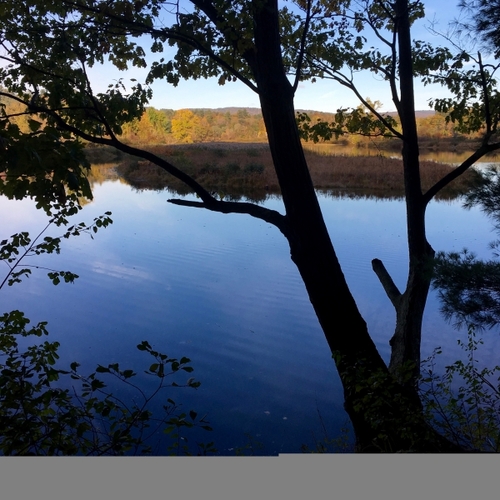BRATTLEBORO — A question was posed recently, publicly, from a concerned individual. To paraphrase: Would there be support for a decolonizing initiative - by this person - to change the name of Brattleboro (and its accompanying official seal) to Wantastegok?
This type of situation comes up not infrequently. It seems appropriate to make a public reply in kind, by way of making clear the principles of our responses.
At the time, Elnu Chief Roger Longtoe Sheehan and citizen Melody Walker offered a reply. As a community, we are pretty clear among ourselves with regard to both how the question is asked, and how it is perceived and received.
As background: there are two different worldviews (ways of being) encountering each other in the landscape. One has dominated the Other, pushing it out of the way as incompatible with its own values and goals, and actively attempting to eradicate it. But while successful to a great degree, the Other has persisted - a tribute to its resilience and lasting values.
Hindsight has demonstrated (increasingly so) that those policies of domination were and are egregiously misguided, even those intended to be benevolent and progressive (assimilation, education, civilization, “mainstreaming”).
Now, some folks want to remedy this overbearance and “fix” the problem; at first blush, this seems reasonable and even desirable. But what often results is another form of the same enlightened interventionism.
The continually elusive, simple answer to “What's the best thing to do for the Natives?” is “Ask them.” Now, while that may be easier said than done, it's the only way to re-parse the question to arrive at appropriate answers. It's the only way to decolonize decolonization.
And so, oddly enough, the question at the beginning can be seen as a colonized form of decolonization. The framer defined it, they are providing the answers, they are requesting engagement.
By their own admission, they have said that their ideas have been presented to tribal entities and those parties have not been responsive. That is an answer.
And that is exactly how Roger and Melody deflected it.
* * *
Outside of the colonizing legal system that created them, these recent name changes are - in the big picture - superficial. Those changes will happen when they are ready to happen. Let the voters (the heirs to the system that created them in the first place) make the change, if that's what they want.
Abenaki priorities are elsewhere and for this reason: Unless and until the values that created the dominant society's system of control are brought back toward balance and equity, it is just more of the same, on a different day.
The Abenaki and the Land already know and reciprocally recognize themselves. That didn't end when New Hampshire's Royal Gov. Benning Wentworth decided to attach his crony William Brattle's name to a theoretical set of bounds on a paper grant, sight unseen.
The bottom line: Agency is held, not granted. And to further broaden that understanding, Indigenous Peoples recognize that Agency is held by all of Creation, and, as such, the People will stand as proxy for “all of our relations.”
* * *
So, the perspective on “Should we change the name of Brattleboro to Wantastegok?” is this: We are not anywhere near considering that question yet. (For Roger, the appropriate time has not yet come; Melody says that we already know the appropriate answer.)
There is no point in changing the name when 100 percent of the conditions that created the current name still exist. But we - the larger community - can move toward it.
Through future community engagement, through Atowi and elsewhere, we welcome future explorations about:
• Why does Brattleboro carry this name?
• Who was William Brattle, and what were his connection(s) to this town?
• What were the circumstances of those connections?
• How did those naming assumptions play out - who benefited, and who did not?
In fact, this is the story we currently use to define ourselves.
• How did that happen?
• Does it hold up?
• Should it be revised? Can it be? What does that look like?
We're going to have to hold a “Brattle-borough Night” and ask one another these questions and listen to the answers - all of which devolve into relationships with Land and the connection to, or separation from, same.
